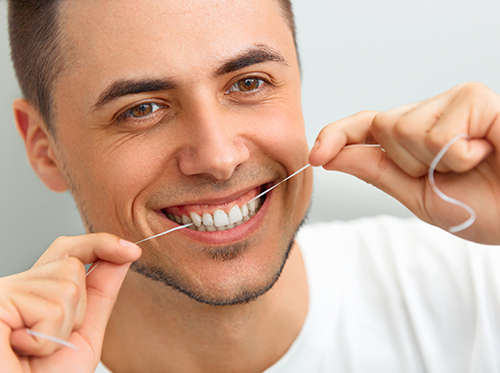Dreaming of a stunning smile without using braces?
December 20th, 2016

Most of us aren’t born with a red carpet smile. And if you’ve thought about straightening your teeth but are apprehensive about doing so with traditional orthodontic treatment, Drs. Tom Holmes, Gordon Lansdown, Karen Nesbitt, Nick Cosman, Chuck Burgess, Brett Empringham, and Patrick McDonough and our team at Cataraqui Dental Centre want you to know there is another option – Invisalign®!
Invisalign is an ideal solution for most adults looking for a less noticeable way to achieve a better smile. In fact, Invisalign has increasingly become a very popular choice for adults looking for a more comfortable, convenient and cosmetically-appealing treatment for straightening their teeth.
Our team at Cataraqui Dental Centre is proud to offer Invisalign, which uses a series of invisible, removable and comfortable aligners that no one can tell you’re wearing, which allows you to smile more during treatment, as well as after. Not only are the aligners invisible, they are also removable, so you can eat and drink what you want; brushing and flossing is easier with Invisalign than with traditional braces.
Invisalign’s aligners are also comfortable, with no metal to cause mouth abrasions during your treatment. And no metal and wires usually means you spend less time at our office getting adjustments. Invisalign also allows you to view your own virtual treatment plan when you start, so you can see how your straight teeth will look when your treatment is complete!
A consultation with Drs. Tom Holmes, Gordon Lansdown, Karen Nesbitt, Nick Cosman, Chuck Burgess, Brett Empringham, and Patrick McDonough can determine if Invisalign is right for you. We encourage you to give us a call at our friendly Kingston, ON office if you’re interested in learning more about Invisalign or if you are ready to visit us for an initial consultation! We look forward to seeing you!





